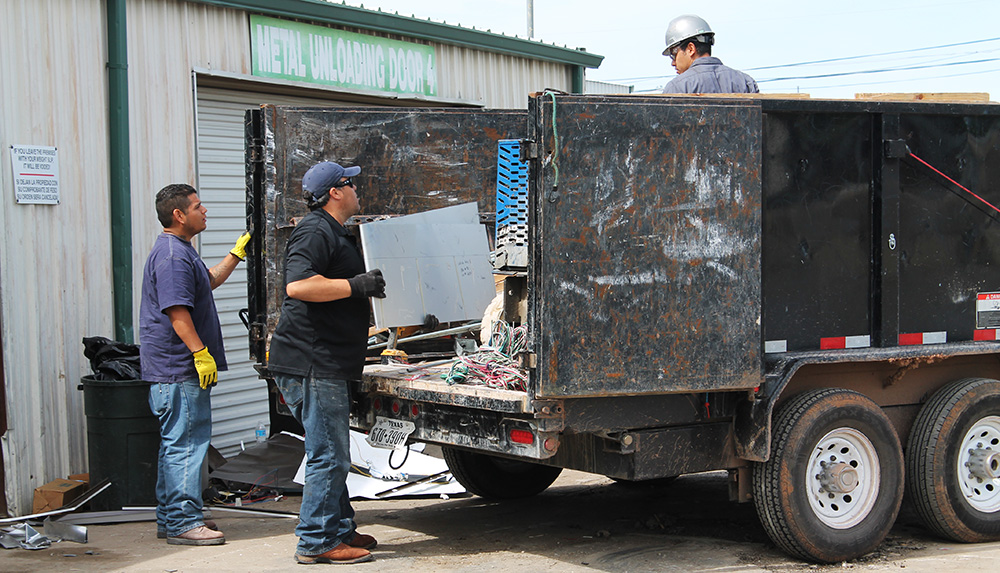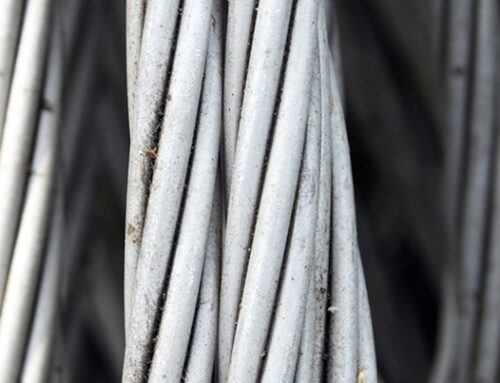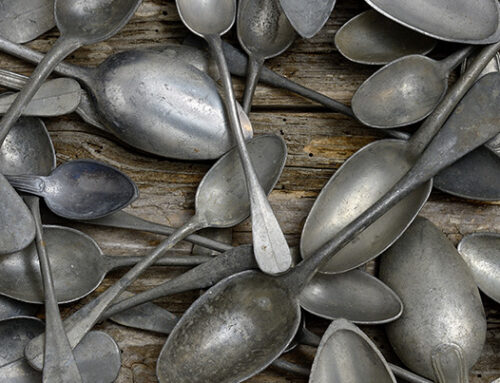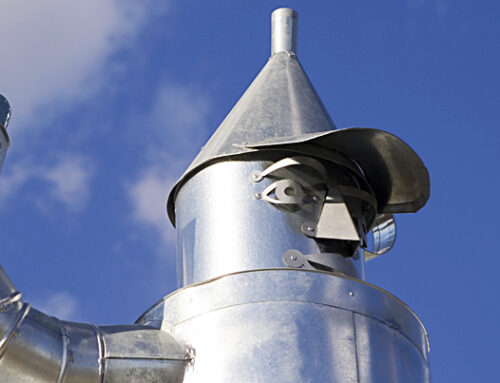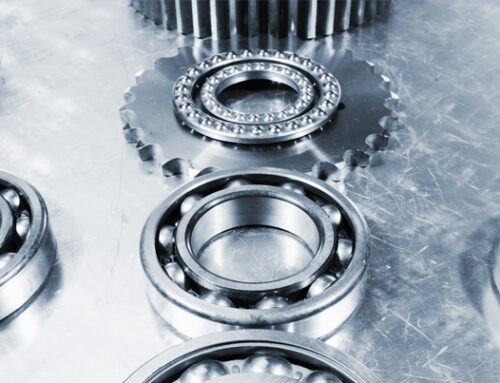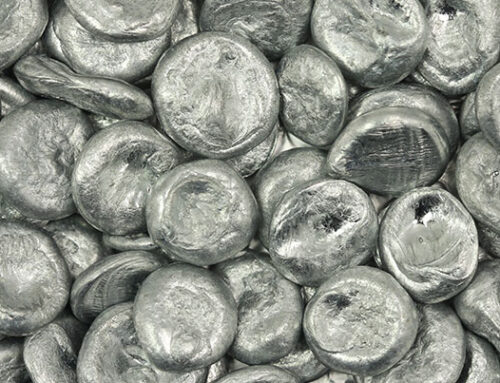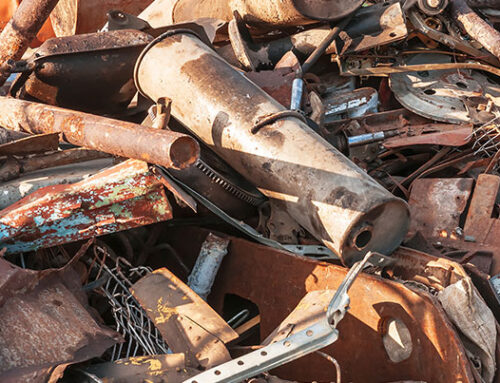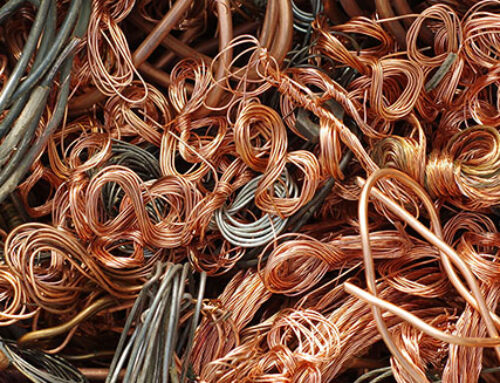After you’ve finished a demolition or other project, you may wish to recycle your scrap metal. Scrap metal is not biodegradable, so it’s ideal for recycling. And while Encore Recyclers will buy your metal when mixed together, you may be able to achieve a better price for your scrap by separating out your scrap metals and doing a little prep work, such as removing plastic, rubber, or other contaminants. Read on to learn how to best separate and prep your scrap materials.
Clean your scrap metal
First, remove any contaminants, such as dirt, plastic, rubber, or other metals. The consumer mills that we sell to in bulk will only take clean, uncontaminated scrap metal that they can put directly into their furnaces. If we receive scrap that is free of contaminants, we are better able to pass the labor savings onto you.
For cars and other vehicles
Most scrap companies, including Encore Recyclers, will accept entire battery assemblies. Electric motor parts can also be recycled. The field windings (parts with copper wire wound around) should be separated out from the iron and steel for the best price (armatures are very difficult to separate and might need to be chiseled out). The same goes for starters and alternators. Copper or brass radiators from older cars are valuable for scrap; you can identify copper by its bluish-green patina or by scraping the flanges of the radiator and looking for the reddish hue characteristic of copper. Aluminum radiators common in newer cars are not as valuable as coppers ones, but are still worth recycling. Heater cores are brass or aluminum radiators that can be recycled as scrap metal. With all of these parts, you can maximize the value of your scrap by removing pieces of plastic, insulation, and extraneous metals.
Separate ferrous from non-ferrous metals
Iron, steel and other ferrous metals are magnetic. For smaller pieces of metal, you may even be able to lift them out of piles of scrap metal with a large magnet.
Separate non-magnetic, stainless steel
Stainless steel is alloy containing chromium. It has a dull shine and is heavier than chrome- or nickel-plated steel. Sometimes, it may be slightly magnetic. If you do find stainless steel that’s magnetic, you should add it to your ferrous metals.
Separate copper
You will recognize copper as lightweight and reddish in color, like a penny. Copper generally turns greenish over time due to corrosion, and depending on the level of corrosion, will fall into one of 3 grades.
- Separate out all electrical wiring. Copper wire that is clean, bright, and looks new, with minimal patina and no plastic coatings or paint, is called ‘Bare Bright Copper’ or ‘Bright and Shiny Copper.’ If you have wire with insulation, you can bring it in as is, or for a higher value, strip it using wire strippers. DO NOT BURN OFF WIRING INSULATION. Burning it is both toxic and illegal. Discard the stripped insulation. If you choose not to strip the wire, Encore Recyclers will accept it—including Christmas lights.
- Separate out copper tubing, which may be graded as #2 or #3 Copper. Remove any brass fittings from the tubing. Often, copper will be downgraded to brass sale prices if your copper tubing still has its brass fittings attached, to compensate for the labor involved with handling and removing the brass.
- Set aside copper tanks, such as specialized water heating tanks (ordinary water heater tanks are usually galvanized zinc and may be lined with glass or ceramic). Remove attached insulation, covers, and fittings from the tank.
Separate out aluminum
Aluminum is not magnetic and is lightweight with a dull silver color. Soda cans and lightweight lawn furniture would be considered ‘light aluminum.’ To get the best possible price for your scrap metal, remove all plastic fittings from lawn furniture. All other aluminum is considered ‘heavy aluminum.’ Most scrap metal recyclers pay more for aluminum that is not painted or finished with some sort of coating, so you may wish to further sort your aluminum into “clean” and “coated” categories.
Refer to the paragraph on cars above for information about aluminum car parts. Some of the aluminum you can find in a vehicle includes radiators, heater cores, engine overhead cams and valve covers, intake manifolds, thermostat housing, and some bright trim.
Separate out lead
Lead is soft and heavy with a dull gray color. Find it in piping (especially old pipes) and weights used for wheels, diving, and fishing.
Separate out brass
Brass is yellow and shiny. Find it in bathroom fixtures, doorknobs, and trim hardware.
Separate out bronze
Bronze is a reddish yellow metal, not to be confused with copper. Bronze is often found in hose couplings and other fittings. Remove any hose from the bronze coupling for maximum scrap metal sale value.
For more information about the types of metal we buy, and tips to help you get the best price for your scrap metal, go to our “Metals We Buy” page!

